Register for free and continue reading
Join our growing army of changemakers and get unlimited access to our premium content
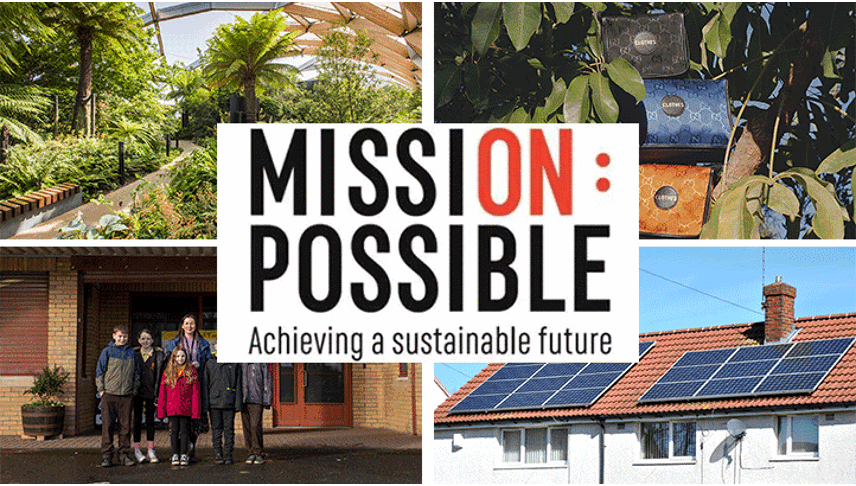
Published every week, this series charts how businesses and sustainability professionals are working to achieve their ‘Mission Possible’ across the campaign’s five key pillars – energy, resources, infrastructure, mobility and business leadership.
Across the UK and the world, leading businesses, cities, states and regions are turning environmental ambitions into action. Here, we round up five positive sustainability stories from this week.
ENERGY: UK’s rooftop solar installations double year-on-year
Image: Good Energy
Official figures released by the UK Government this week have confirmed that more than 16,000 rooftop solar installations on domestic properties were registered in January – more than three times as many as in January 2021, and a new record following cuts to solar subsidies in 2015.
Figures were also released confirming that, during 2022, more than 130,500 rooftop solar arrays were installed in the UK, more than double the amount installed during 2021. The data covers systems with a generating capacity of up to 50kW, meaning that it pertains to all domestic installations plus some systems in the private and public sector, bar large projects.
Solar Energy UK’s chief executive Chris Hewett commented: “The data indicates that the current pace of installation will have to double again for consumer-scale systems to match the number needed to meet the target set for all solar power in the government’s Energy Security Strategy, though that is clearly achievable, as it would be less than in 2011 and 2012, the height of the Feed-in Tariff era.”
Also this week, energy supplier Good Energy and electric vehicle charging app Zap Map posted the results of a survey of more than 4,000 electric vehicle drivers in the UK. It revealed that 29% of them have rooftop solar at home, compared with the national average of 4.1%.
RESOURCES: Gucci and Kering collaborate on circular economy hub in Italy
Image: Gucci
Kering is often described as a pioneer for sustainability in the luxury fashion industry, having led the way in fields such as the adoption of science-based emissions targets and in accounting for the true value of nature in decision-making, working towards nature regeneration in supply chains where possible.
This week, Kering announced that it supporting Gucci to launch a new ‘Circular Hub’ in Tuscany, Italy. The Hub, it has stated, will be an “open innovation platform” supporting the creation of luxury products for the circular economy of the future.
It will cover the entire life-cycle of products, including design principles, materials innovations, streamlined logistics, more resource-efficient production and improving the traceability of materials and products across their life-cycle. Learnings will be applied at Gucci’s production sites plus its Italian raw material suppliers and manufacturers. They will then be shared across Kering’s brand portfolio and, in time, be open-sourced to the entire luxury fashion sector.
“With the launch of the Circular Hub, we will have the responsibility – and above all the framework – in place to create a pathway for the luxury industry of the future,” said Guvvi’s executive VP and general counsel for corporate affairs and sustainability, Antonella Centra.
“By sharing the same objectives and pooling resources, know-how and synergies, the Hub will enable the entire luxury supply chain and especially the small and medium-sized enterprises – the beating heart of our country’s industry – to play an active role, with the innovative spirit that makes Italian know-how unique in the world.”
MOBILITY: Corporates accelerating EV and charging point rollouts, Climate Group confirms
Image: Tesco
The Climate Group published the latest annual update on its EV100 initiative this week, confirming that businesses taking part now collectively operate 400,000+ electric vehicles (EVs) across the world.
This growth was not driven purely by an increase in members, with just seven new companies coming onboard since the last annual report. Rather, the Climate Group is pointing to more favourable policy landscapes in several key markets, enabling corporates to accelerate deployment. At the moment, the markets with the highest levels of EV deplotment by members are the UK, India, France, Switzerland and Germany.
Should all EV100 members reach their EV deployment targets in time, more than 5.7 million EVs will be operational in their fleets by 2030.
The Climate Group also revealed growing success with EV charging point installation. You can read edie’s full article on this story here.
THE BUILT ENVIRONMENT: Canary Wharf Group hosts supply chain summit on road to net-zero
Many businesses will see the bulk of their emissions footprint arising from indirect sources, primarily the supply chain. CDP estimates that the average large multinational will generate 11.4 times as much CO2e each year through its supply chains than its operations. As such, engaging suppliers is a crucial element of any credible net-zero strategy for a business.
A success story in this field this week comes from London-based property developer Canary Wharf Group. As it works to achieve net-zero across all emission scopes by 2030, the business has hosted a summit convening peers to develop new ways of engaging with suppliers and sub-contractors. The summit was attended by Barratt Development, British Land and others, with these businesses sharing suppliers and sub-contractors. They can, therefore, engage with them in a more unified manner to support them in adopting their own approved science-based plans to cut emissions.
Building on the summit, Canary Wharf Group will host roundtables with suppliers and launch free-to-attend supplier workshops and guiding tools.
British Land’s director of Broadgate Developments Gareth Roberts said: “Like others in the industry, we have a bold strategy to be net zero by 2030 – this presents a number of opportunities. The key to unlocking those opportunities is to convert ideas into action and we can only address the most difficult challenges by working in partnership with the supply chain to identify innovative solutions that we can scale and use to accelerate progress.”
Related article: Nine top tips for making your supply chains more sustainable and resilient in 2023
BUSINESS LEADERSHIP: Ikea UK partners with Ashden for sustainable schools competition
Pictured: Beith Primary School, Glasgow, one of the 2022 competition winners.
Regular readers of edie may be familiar with British climate charity Ashden and its Let’s Go Zero campaign, which encourages schools to set net-zero commitments for 2030 at the latest and supports them in their delivery. The campaign now covers more than 1,980 schools.
This week, Ikea UK confirmed that it is supporting a competition under the campaign for the second year running, offering pupils the chance to win £2,000 towards sustainability projects such as energy efficiency improvements, onsite solar, water efficiency improvements and measures to include nature on their school grounds.
Pupils from four schools will be chosen as winners and will receive help from Ikea staff to bring their ideas to life. Last year, schools in Lewisham, Sheffield, Glasgow and Cardiff were chosen, for projects including bee keeping and vegetable growing areas.
Ashden’s Let’s Go Zero schools lead Alex Green said: “We are delighted to be working with IKEA again on the Let’s Go Zero campaign and this exciting competition. Schools are at the heart of our communities, and we know that by supporting projects within schools we can inspire our young people, and their families and communities to be real climate champions.”
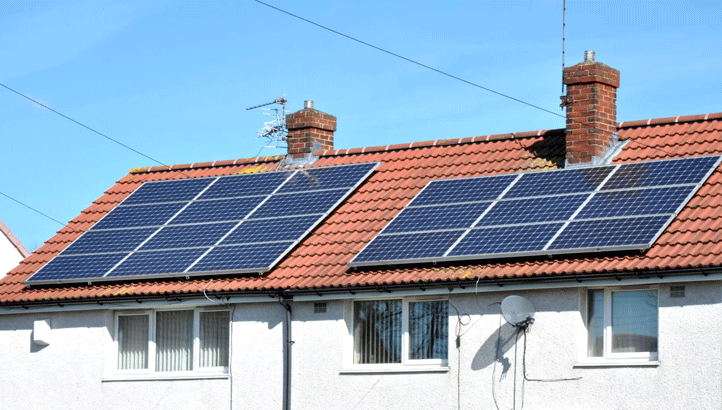

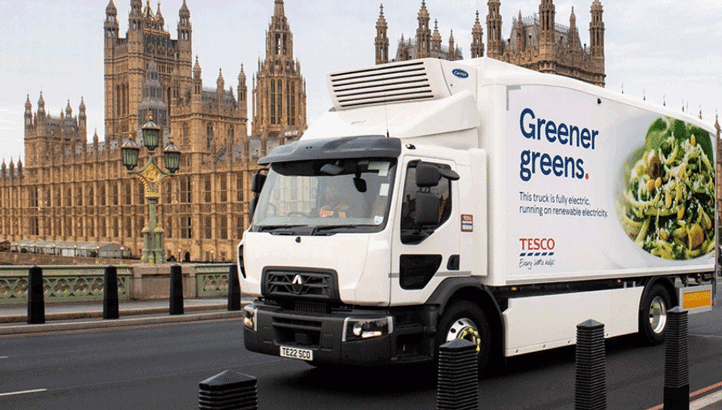
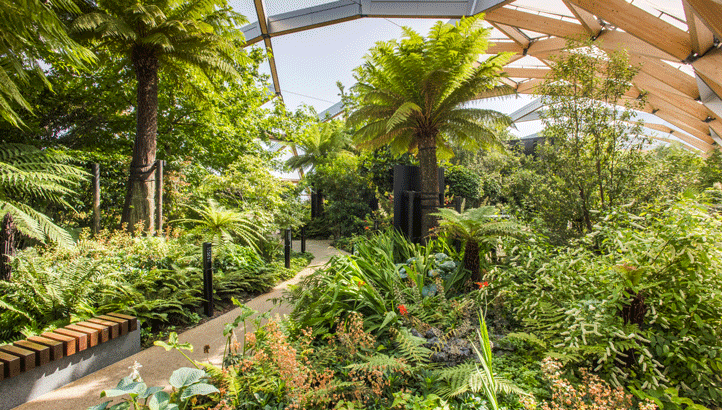
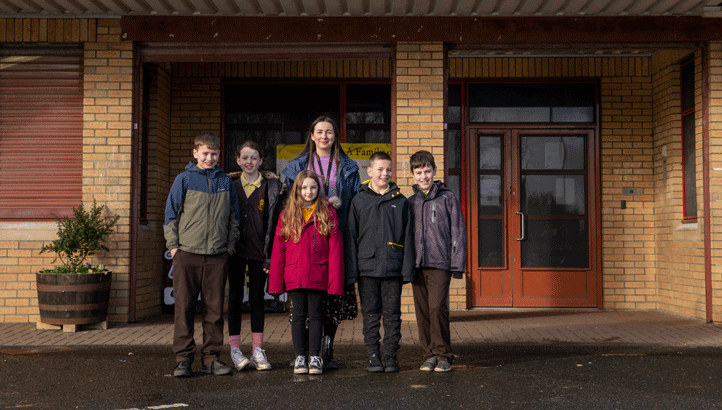


Please login or Register to leave a comment.